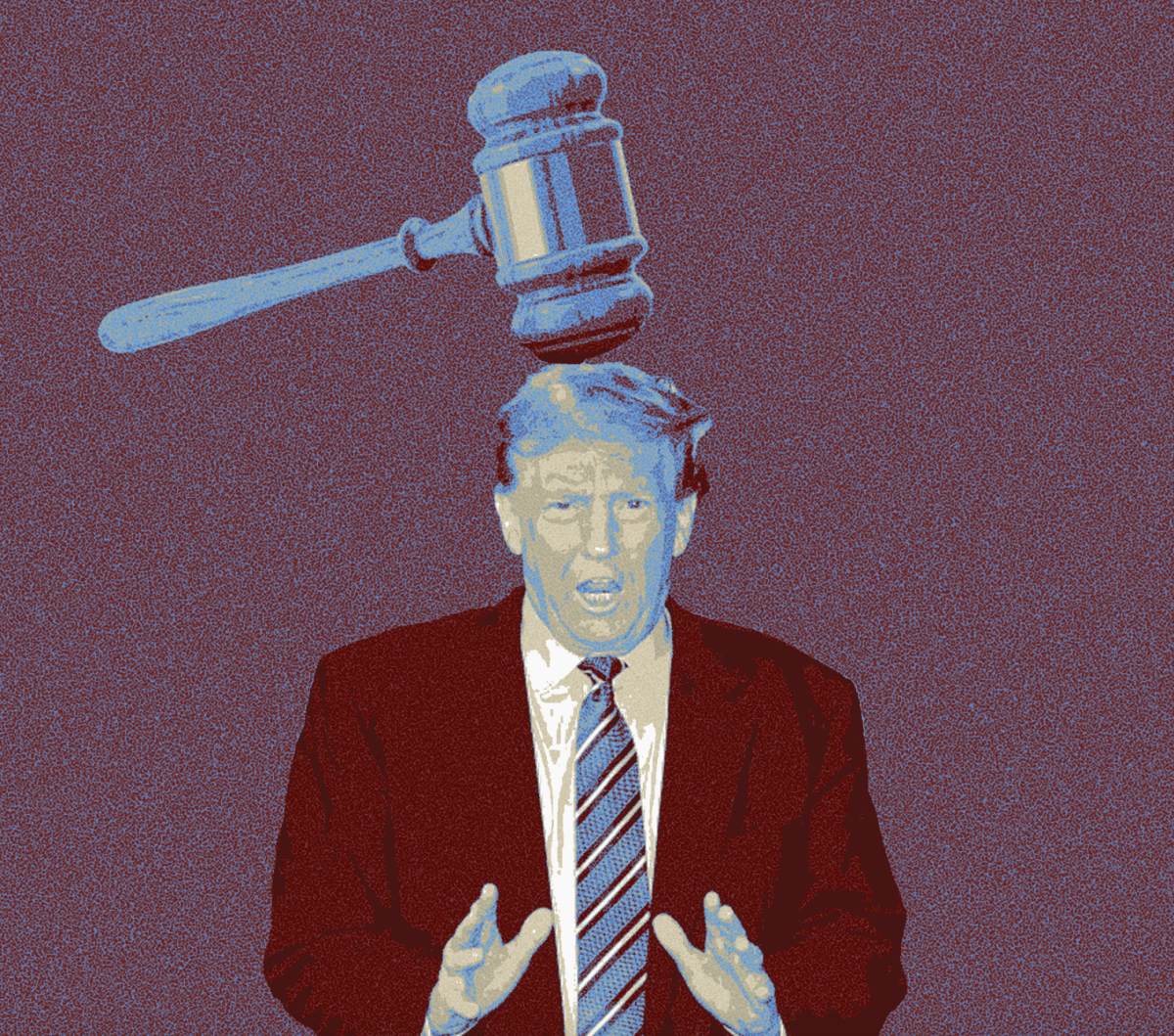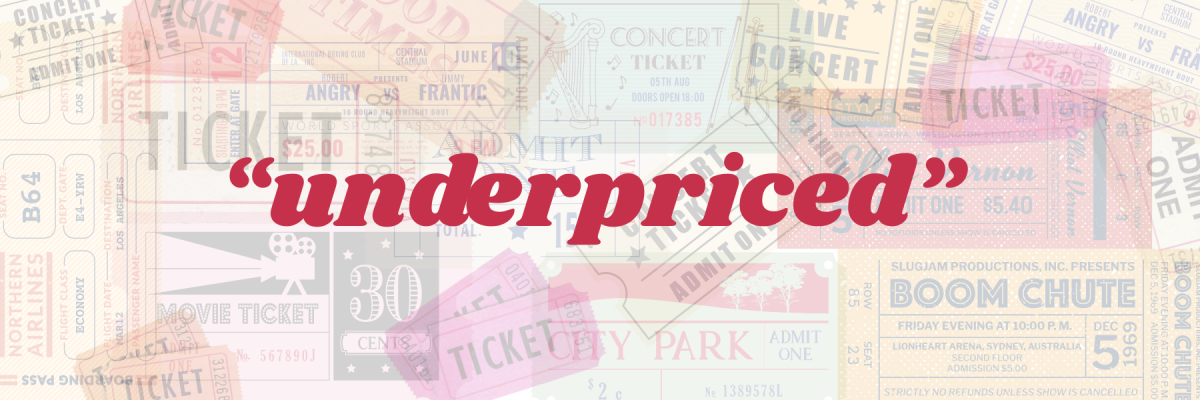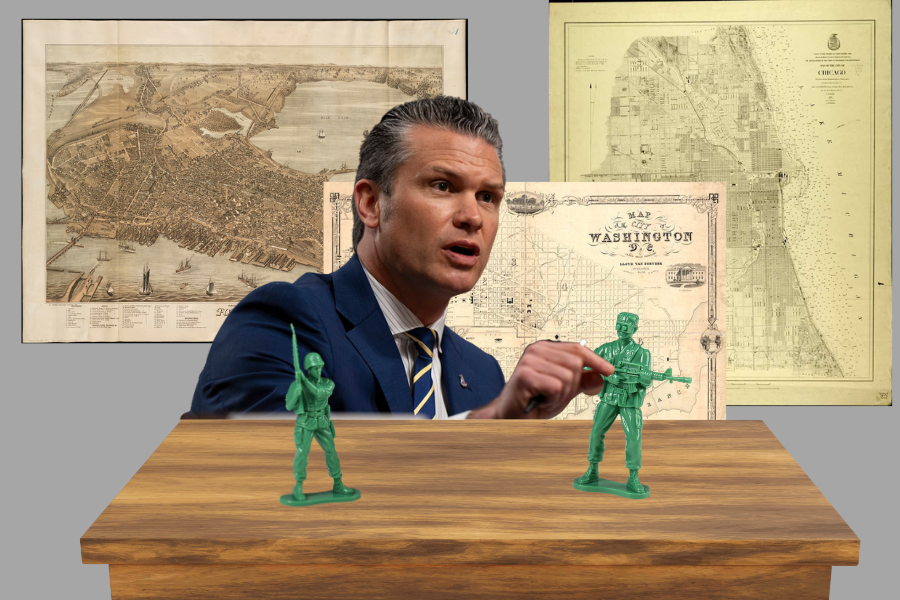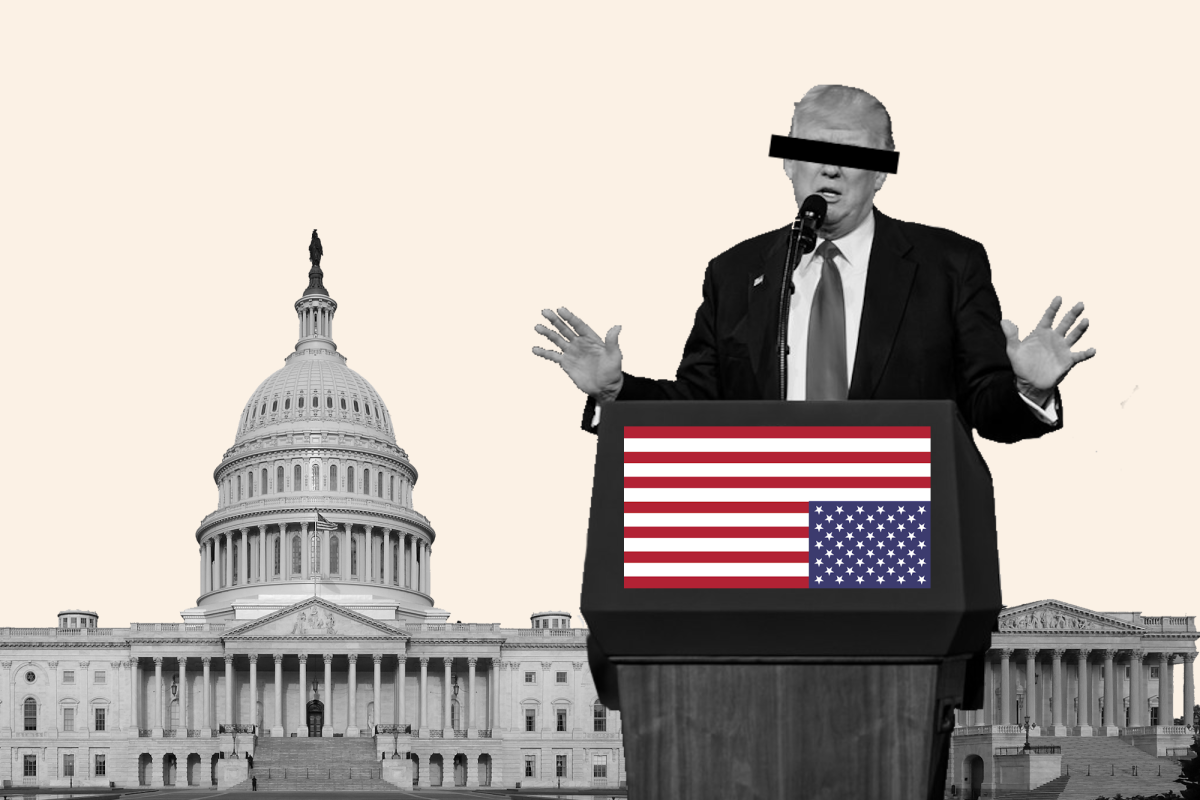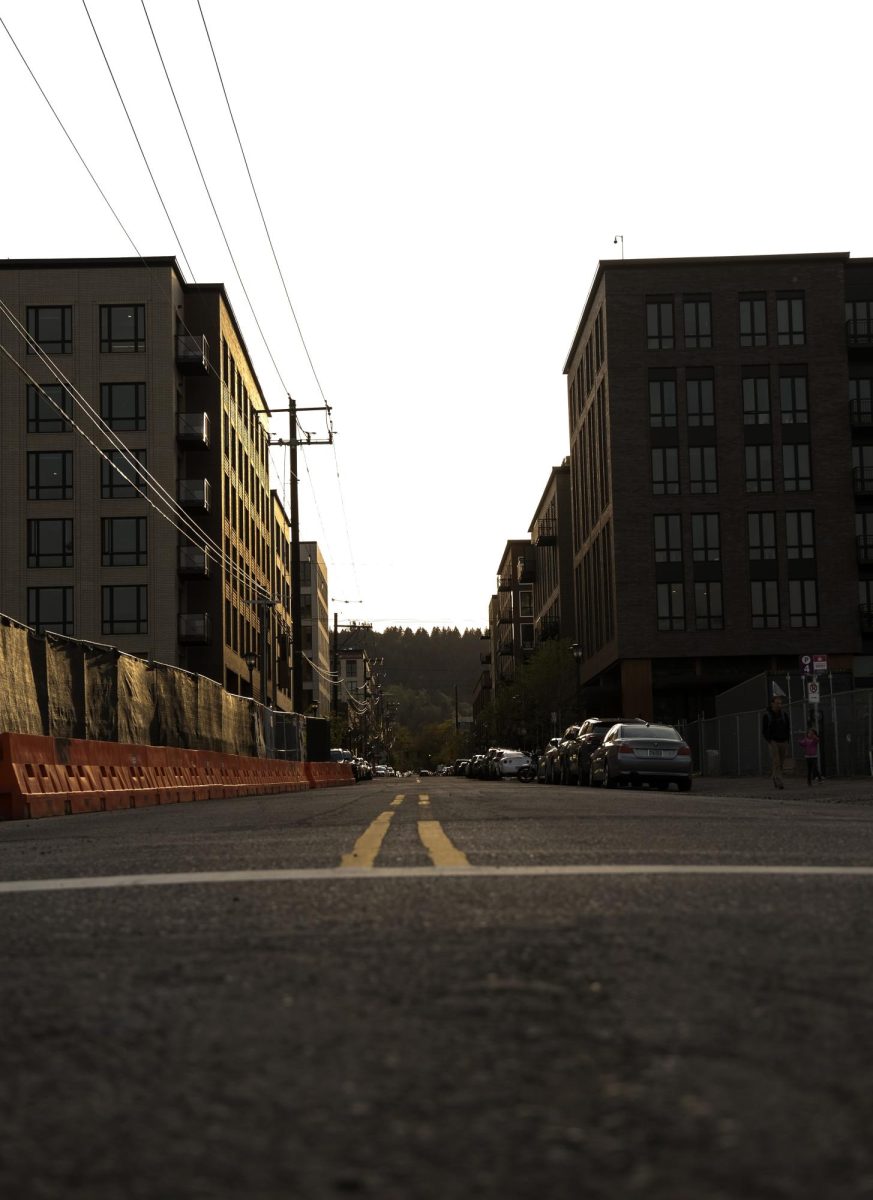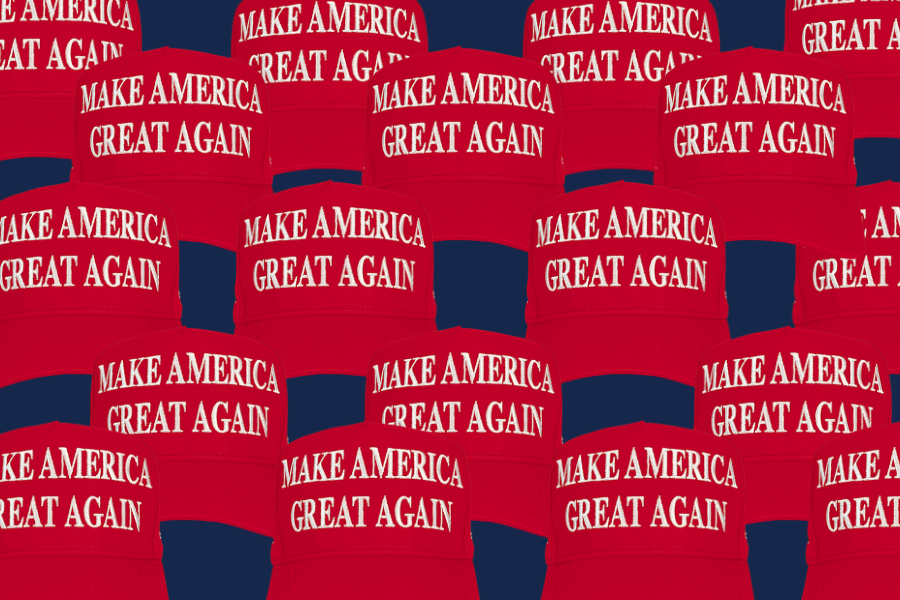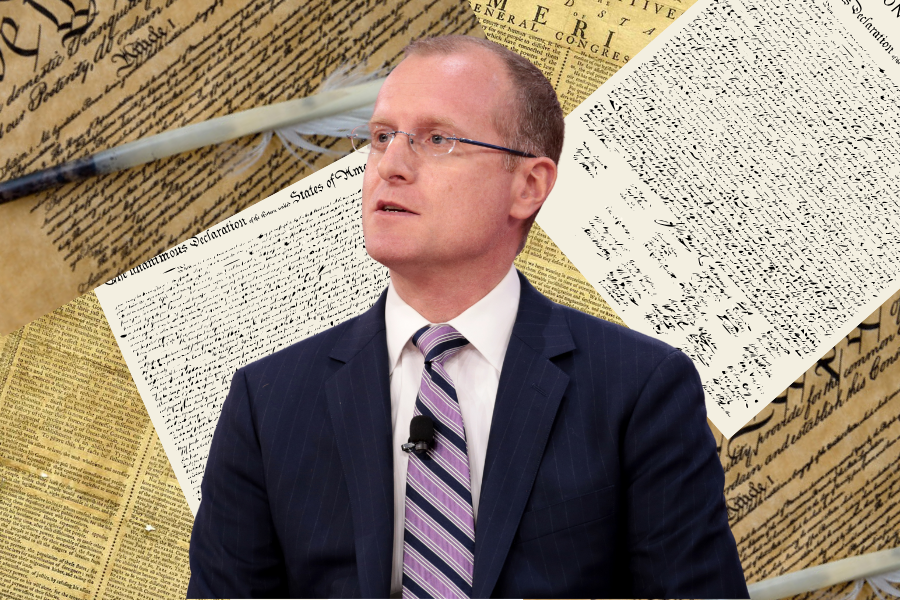Former President Donald Trump’s hush money trial began on April 22, following a tumultuous jury selection. Looking toward deliberation, the question of juror impartiality is weighing heavily on the minds of many Americans.
Trump is facing 34 felony counts of falsifying business records tied to a hush-money payment to Stormy Daniels before the 2016 election.
Now that the final jury is selected, it is more important than ever for individuals to recognize their own biases. Impartial jurors are the key to democracy, and vital to the success of justice.
This issue is especially relevant in a case like this, where the person on trial is a well-known and controversial public figure. It’s almost impossible to avoid news of Trump or others’ opinions about him.
News stations almost always have biases, whether they are noticeable or not, and frequently report on Trump’s trial. Alongside biases in news outlets, information and opinions about the former president are constantly circulating on every social media site.
Because jurors are randomly selected members of society, there is no way to gather a completely impartial group of individuals with no prior knowledge of Trump and his past time both in and out of office.
One juror was excused after those in her life figured out her status as a juror based on the information in the press, which made her question her ability to be impartial. While the court does protect all of the juror’s identification, the public is still able to find out their information and may try to influence the juror.
There were about 300 potential jurors interviewed from different neighborhoods in New York City, and about two-thirds were dismissed on the grounds of being unable to remain impartial. The potential jurors also received 30 minutes of questioning by each side. Jurors were specifically asked where they get their news, reported The New York Times, with options ranging from Fox News and The Washington Post to TikTok and Facebook. This was one of many measures used to glean a potential juror’s political leanings.
Each of these measures is intended to maintain impartiality, but the pressure of being on such a high-profile trial is difficult, even for jurors, who are already appointed. One juror expressed feeling “nervous and anxious” and was therefore excused. Other jurors also mentioned the non-stop media coverage is “daunting.”
Many jurors also had positive associations with Trump, which would affect their bias. One juror, a “wannabe hockey player,” was fond of Trump because his company fixed an ice skating rink in Central Park. Another said he “dreamed of living in Trump Tower when he was younger.”
Both positive and negative associations with the former president can impact whether or not they can perform impartially on a jury. Their perception of him is skewed, and even subconsciously this will affect their opinion during the trial.
We also have nothing to compare this trial to; it is the first criminal trial of a former president. He is also the first president to be impeached twice in office. His time in office and consequent trials are somewhat of a new occurrence in politics and should be treated as such.
It’s impossible to create a completely unbiased jury in this trial, but it is important to ensure the jurors are as neutral as possible. Even if people are not educated on Trump in the first place, it’s difficult to keep his past secret or avoid other peoples’ opinions, especially on a jury made up of citizens.
The judge and court in this trial have been working to make sure that the jury is as impartial as possible and hopefully will be able to keep the jury unbiased in order to come to a fair ruling.


